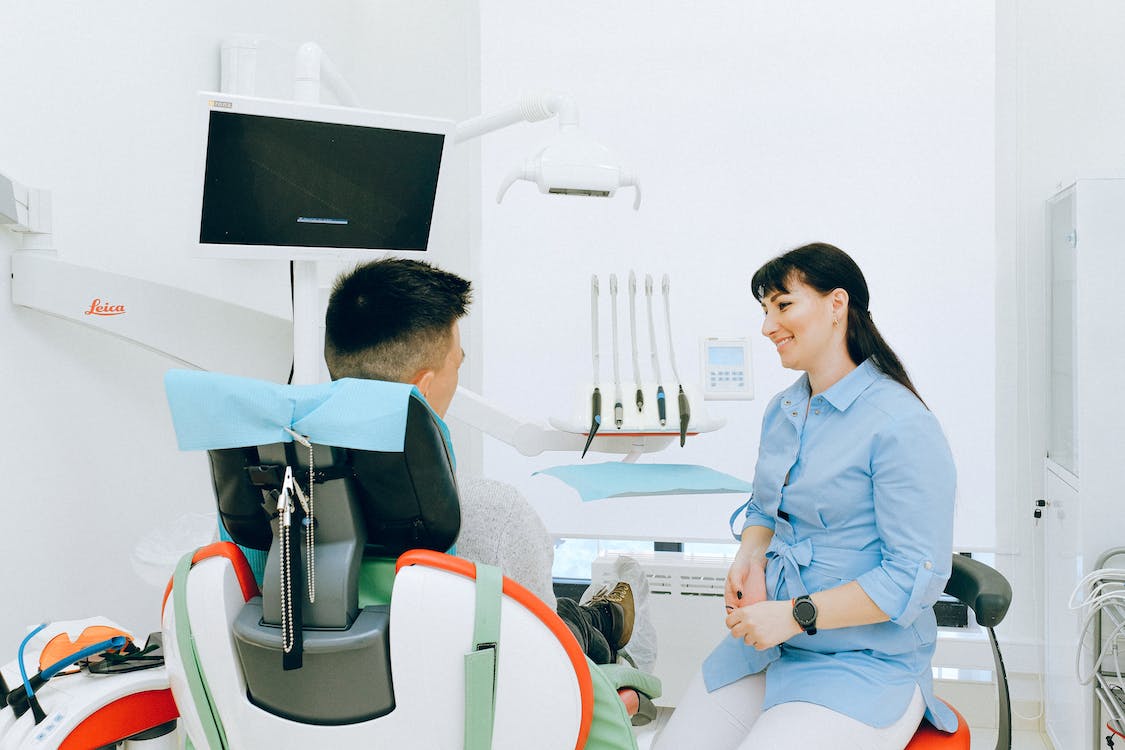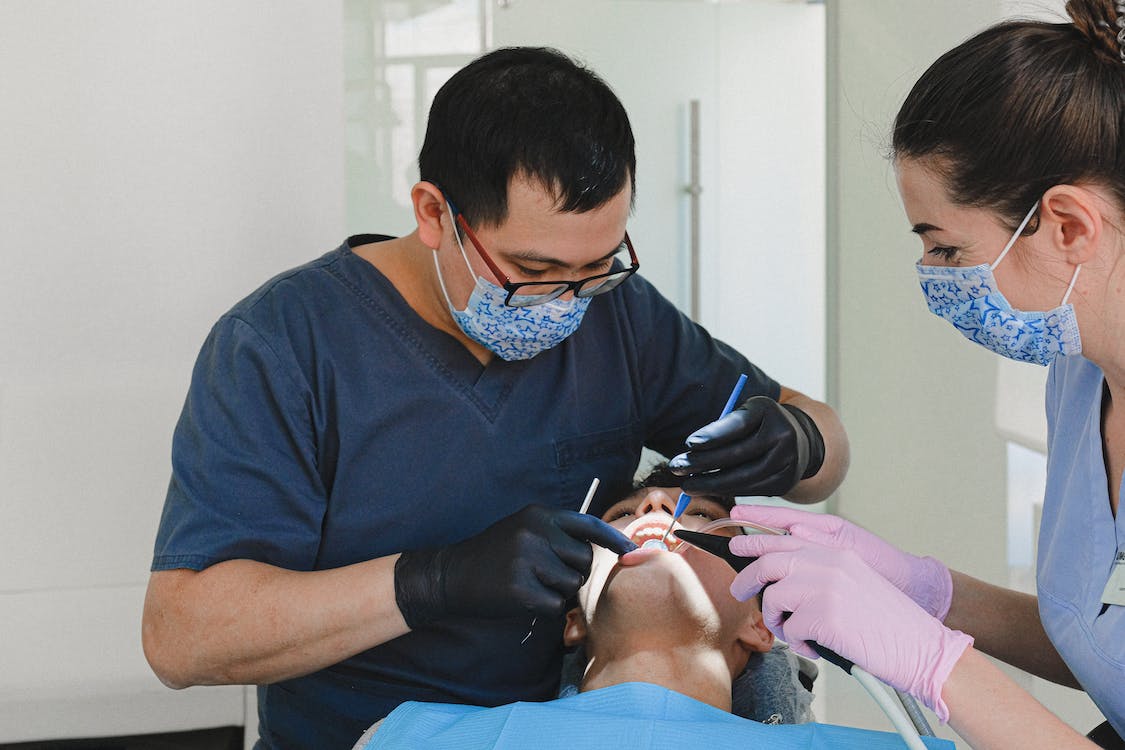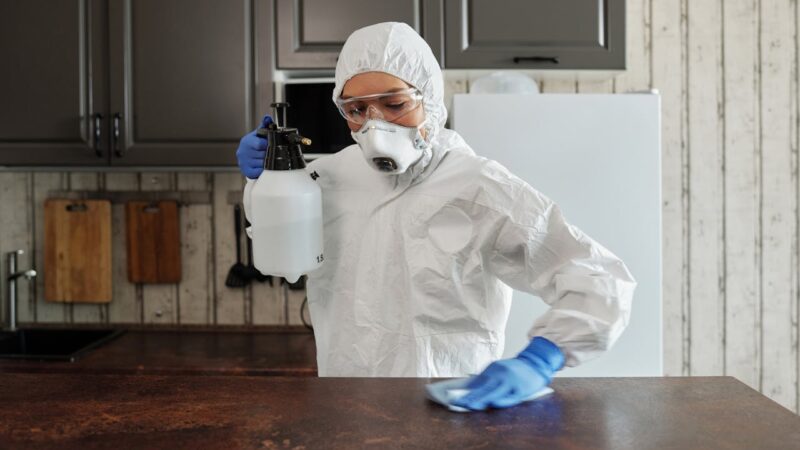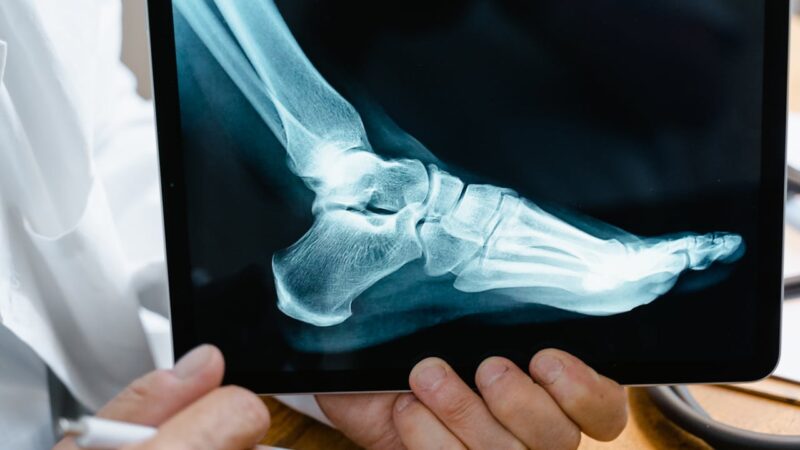6 Things to Expect During a Routine Dental Checkup

Like the mechanic who gets your car a routine oil change, regular dental exams keep unseen problems from causing bigger ones down the road. Here are 6 things to expect during a routine dental checkup:
During the exam, the dentist will take a look at your gums and teeth. They’ll also ask about medications you’re taking and any lifestyle habits that could impact your oral health.
1. Exam
After your hygienist has removed any built-up plaque and tartar, the dentist will examine every part of your mouth for signs of oral problems. They will use a metal probe with a small angled mirror to look in between your teeth and in the spaces of your gums. They will also check for softened tooth enamel and dentin. This can be a sign of tooth decay or a root canal infection.
The dentist will also check your gums for signs of a more serious problem, such as gum disease (periodontitis). They will look for bleeding and tenderness as well as the formation of deep gum pockets. If they find any signs of these problems, the dentist will advise you on your next steps. This may involve scheduling another appointment for a procedure or they will give you advice on how to improve your dental hygiene habits.
Depending on your medical history, the dentist may take x-rays of your mouth. These are important because they can show the dentist areas that aren’t visible with just a visual examination. X-rays can also detect issues with your jaw bones and the position of your roots. This is important information because it can help the dentist plan your treatment and determine if any further procedures are needed. In addition, x-rays can help identify the presence of cavities or gum disease. They are an essential part of a dental exam and should be taken every six months.
2. Cleaning

Dental exams and cleanings are the cornerstones of any routine oral health care plan. During these appointments, patients are professionally cleaned to remove plaque and tartar from the teeth and gums. This process is very important for ensuring that the teeth stay healthy and free of infection or disease.
During the cleaning, the dentist will use a metal probe with a small angled mirror to look in the tight spaces and crevices of the mouth. This allows them to see and catch any problems that might be difficult for the patient to notice themselves, such as gum recession or a crack in the tooth.
In addition, the dentist will brush and floss the patient’s teeth to remove any remaining plaque or tartar. This will also help to prevent future dental issues like tooth decay or gum disease.
As an added measure, the dentist may choose to apply a fluoride treatment to the teeth. This mineral strengthens the teeth and makes them more resistant to cavities.
Another important aspect of a dental checkup is the oral cancer screening. In response to the recent increase in cases of oral cancer, most dentists now screen for early signs of cancer on the throat, neck, lips, cheeks, tongue, and palate during every routine exam. This is very important because oral cancer can spread quickly and be life-threatening if not caught early on.
3. Oral Cancer Screening
Oral cancer is a serious health concern, but it’s very treatable when caught early. This is why dentists perform oral cancer screenings as part of routine dental checkups. They’ll carefully examine the neck, lymph glands, and the mouth for any suspicious areas or abnormalities. If they do find anything, they’ll schedule more testing to make an official diagnosis.
A regular oral cancer screening involves coating the inside of your mouth with a dye, like toluidine blue. Then, the healthcare professional will shine a special light in your mouth. This helps them identify any areas that are abnormal because healthy tissue will look dark and cancerous tissues will appear white.
They’ll also feel (palpate) the jaw area for any irregularities. For example, they might notice that you have a clicking jaw joint or evidence of tooth clenching. This is important because clenching and grinding your teeth can damage them and lead to more serious dental problems.
A thorough examination of the mouth, lips, cheeks, tongue, throat, and jaw is essential for diagnosing oral cancer. In addition to looking for lumps, lesions, discoloration, and swelling, the healthcare professional will take a sample of any cells that they suspect are cancerous. They’ll then send them off for further testing, such as a biopsy. This will help them confirm whether or not you have oral cancer and develop a treatment plan. Ideally, you should be screened at least once a year.
4. X-Rays
During a dental checkup, a hygienist will take detailed X-rays of your mouth and jaw. This allows the dentist to see problems that cannot be seen during an oral exam, such as tooth decay or impacted teeth. It also gives the dentist a more complete picture of the health of your gums and the roots of your teeth.
A dental X-ray is similar to an MRI or CT scan for the mouth, but it does not expose you to radiation. The hygienist will place a sensor in your mouth to capture the image and then move the sensor around to get a thorough view of your oral cavity. X-rays are safe for pregnant women, but let the hygienist know before your appointment if you are expecting.
The hygienist will use various tools to remove the plaque and tartar build-up from your teeth and along the gum line, which can reduce your risk of developing cavities and teeth stains. They will also examine your gums, soft palate, throat and neck for any abnormalities.
If you have any concerns about your dental health or the state of your mouth, the dentist will give you an exam and make recommendations based on their findings. They may recommend additional cleanings, cosmetic treatments or other services based on your specific needs and goals. They will also review your oral hygiene routine and make suggestions to improve your habits.
5. Recommendations
After the dental exam, the dentist will create a treatment plan. If they discover a significant issue, such as a cavity, they will inform the patient and schedule a follow-up appointment. This is to ensure the cavity does not get worse and will help restore the tooth. They will also screen for oral cancer, which is a dangerous disease. This is done by examining the neck, lymph glands, and oral cavity. They may also recommend further testing, such as a biopsy, for any suspicious tissue.
They will then begin cleaning the teeth. They will scrape off built-up plaque and tartar. They will floss and brush the teeth thoroughly. Finally, they will polish the teeth to give them a smooth finish. During this process, they will be on the lookout for redness of the gums, mouth sores, and any softening of the tooth enamel. They will also measure the periodontal pockets (the spaces between the top of the gums and where the gum tissues firmly attach to the teeth).
If you have any problems or discomfort, please speak up! Dental professionals are used to hearing these types of concerns and can make adjustments accordingly. They want you to have a positive experience, so it is important that you communicate any issues or anxiety you might be having. This way, they can provide you with the best care possible. You can even ask for medication to help alleviate these symptoms if necessary.
6. Schedule Your Next Appointment
A dental checkup is an important part of maintaining your oral health. It involves a dental exam and a professional cleaning (usually by a hygienist). Regular dental exams help identify and address issues before they develop into larger problems that require more expensive procedures. That is why it is extremely important to find a great dental clinic. Luckily, you can check out the Progressive Dental Center ratings by clicking on this link.
During an exam, your dentist will review your medical history. They’ll also ask you about the foods and drinks you consume to get a full picture of your diet and how it might affect your teeth.
Next, the dentist will look for early signs of oral cancer. This may include checking the lips, cheeks, tongue and neck. They’ll also feel the jaw and look at the roof of your mouth for any signs of abnormalities.
If they find anything unusual, they’ll make recommendations for further testing or treatment. They may also advise you on how to improve your oral hygiene routine, as well.
Make sure you arrive at your appointment prepared with the necessary materials, tools and paperwork. This will prevent delays and allow you to focus on your visit. You should also bring your driver’s license and insurance card, as you’ll likely need to turn them in when you check in. Also, remember to set up a reminder on your phone or computer to avoid missing your appointment. This will help you keep up with your routine visits, which are crucial for a healthy smile.






